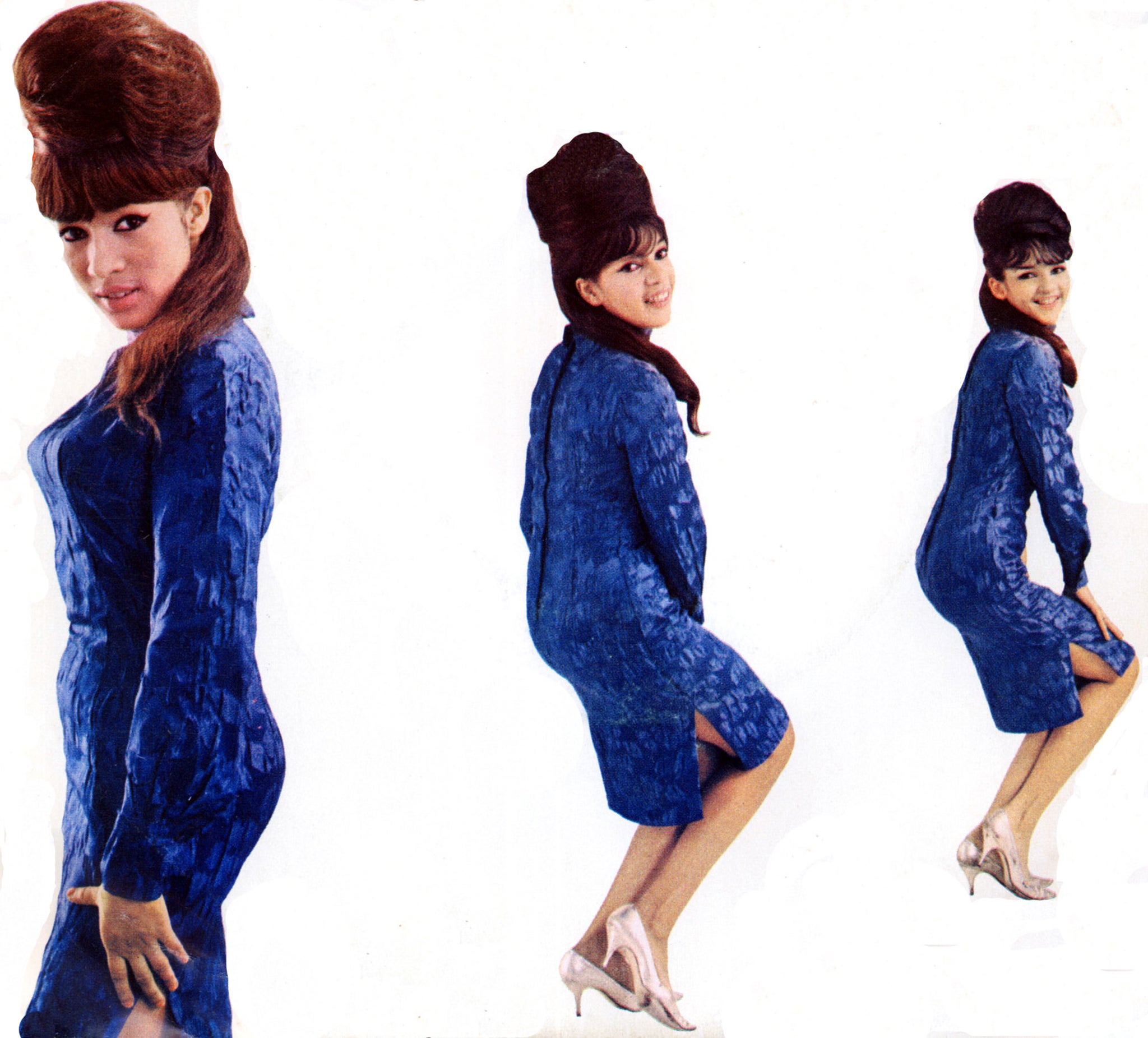Ronnie Spector is right to talk about her ex-husband’s role in sixties music
We can’t write people out of history, however appalling they are


Sixties stars never seem to fade away. The latest to make a comeback is Ronnie Spector of The Ronettes and "Be My Baby" fame.
Her return, though, has an interesting twist. As her last name denotes, her fame in the early sixties was very much intertwined with that of her producer, co-writer of the song, and later husband, Phil Spector, now disgraced and serving a lengthy prison sentence after shooting a woman dead in his home. Doing the publicity round, saddled with such an ex, could create problems, you might have thought. But Ronnie is unfazed. Asked on the BBC Today programme whether she had considered changing her name, she laughed off the suggestion, pointing out that it was the name by which music fans knew her.
In a newspaper article this week, she gave a lively, fascinating and detailed account of the making of her classic song and of her relationship with Spector. “He was probably the hottest producer in America... we had an audition and he freaked out. "That’s the voice I’ve been looking for," he said. He went nuts over me from that moment...Things just got hotter and hotter. He was infatuated with my voice, my body, everything. It was mutual. "Be My Baby"... documents that explosion.”
The point that strikes me is that she is talking with an enthusiasm that seems to take no note of what Spector was later to become. She is talking about a key moment in pop music history and isn’t putting a retrospective hue of anger, shame or disgust on what she says. Many, I think, would. Many would avoid talking about Spector at all, just as they would and do avoid talking about other cultural figures of his generation who are now in prison or proved guilty of appalling, criminal offences.
Ronnie Spector takes the right approach, I think. We may abhor what certain former influential figures have become, we may applaud their prison sentences, but to write them out of cultural history, avoid ever mentioning their contributions or playing their records, is to rewrite those segments of history in a way that is untruthful to the time.
Certainly, I was once tempted to do exactly that, when some years ago I interviewed Jill Craigie, the film-maker, and wife of former Labour leader Michael Foot, about the revelation that she had been raped by world-renowned novelist Arthur Koestler. It was a deeply painful interview, which I have never forgotten, and it made it hard for me and many, many others to view the writer’s enlightened, anti-totalitarian masterworks in the same way. But, in the end one has to judge the art on its own terms, not as a part of the artist, not even as a part of a deeply despicable artist.
In the same way, one has to accept that Phil Spector’s ‘Wall of Sound’ was a vital and vibrant contribution to music in the early sixties. And Ronnie Spector is right to speak of it, and the music in which she played such an integral part, with affection and even passion.
Enfield, Whitehouse and a nice bit of mobile phone satire
Those warnings to switch off your phones are now an integral part of any theatrical performance. I can’t actually recall the last time a production started without one. So, I was perversely pleased when I went to the Harry Enfield and Paul Whitehouse live show in London this week, that they started with an instruction to the audience to keep their phones on “so that you don’t miss an important call.” This was accompanied by 'Keep Your Phones On' signs flashed up on screens. That’s probably as subversive a piece of comedy as you will find.
Where are the new British arts leaders?
Glyndebourne Festival Opera has announced the appointment of a new general director. It is the German-born Sebastian F. Schwarz, currently Deputy Artistic Director of Theater an der Wien in Vienna. This follows the appointment of German art historian Hartwig Fischer to succeed Neil MacGregor as head of the British Museum, Christoph Voghterr at the Wallace Collection, and less recently Martin Roth at the Victoria & Albert Museum. They are undoubtedly leaders in their field and good appointments, but one does wonder where the homegrown talent is hiding. Some years ago the Clore Leadership Programme course was set up to train future arts leaders in the UK. Perhaps it needs a few visiting lecturers from Germany.
d.lister@independent.co.uk; Twitter:@davidlister1
Join our commenting forum
Join thought-provoking conversations, follow other Independent readers and see their replies
Comments
Bookmark popover
Removed from bookmarks